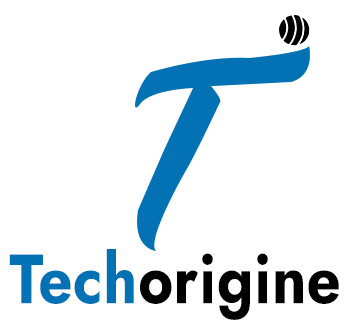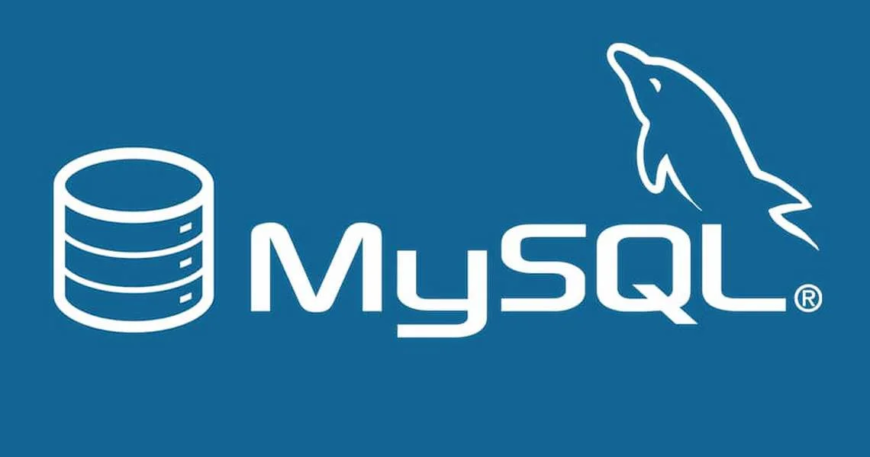MySQL is an open-source relational database management system (RDBMS) that is widely used for managing and organizing data. It uses Structured Query Language (SQL) for database access and management. Here are some key points about MySQL:
Key Features
- Open Source:
MySQL is available under an open-source license, making it free to use and modify. - Relational Database Management System:
It organizes data into tables that can be linked—or related—based on data common to each. - Scalability:
MySQL can handle large databases and can be scaled to meet the needs of growing applications. - Cross-Platform:
It works on various operating systems, including Windows, Linux, and macOS. - High Performance:
Known for its fast data processing capabilities, MySQL is optimized for speed. - Reliability:
Offers features like ACID compliance, ensuring reliable transactions and data integrity. - Security: Provides robust data protection with encryption, authentication, and authorization features.
Common Uses
- Web Applications:
Often used in conjunction with web technologies such as PHP, Python, and Ruby to develop dynamic websites and applications. - E-Commerce:
Used by many online stores to manage their product inventories, customer information, and transactions. - Data Warehousing:
Employed for storing and analyzing large volumes of data. - Content Management Systems (CMS):
Many CMS platforms like WordPress, Joomla, and Drupal use MySQL as their database backend.
Examples of Companies Using MySQL
- YouTube
- Yahoo!
History and Development
MySQL was originally developed by MySQL AB, a Swedish company, in 1995. In 2008, Sun Microsystems acquired MySQL AB, and later in 2010, Oracle Corporation acquired Sun Microsystems, making Oracle the current owner of MySQL.
Variants and Forks
Due to its open-source nature, MySQL has various variants and forks, including:
- MariaDB:
A community-developed fork of MySQL intended to remain free under the GNU General Public License. - Percona Server:
A fork of MySQL focusing on performance and reliability improvements.
Conclusion
MySQL is a critical component in many web applications and services due to its reliability, performance, and ease of use. It continues to be a popular choice among developers and organizations for managing relational databases.




